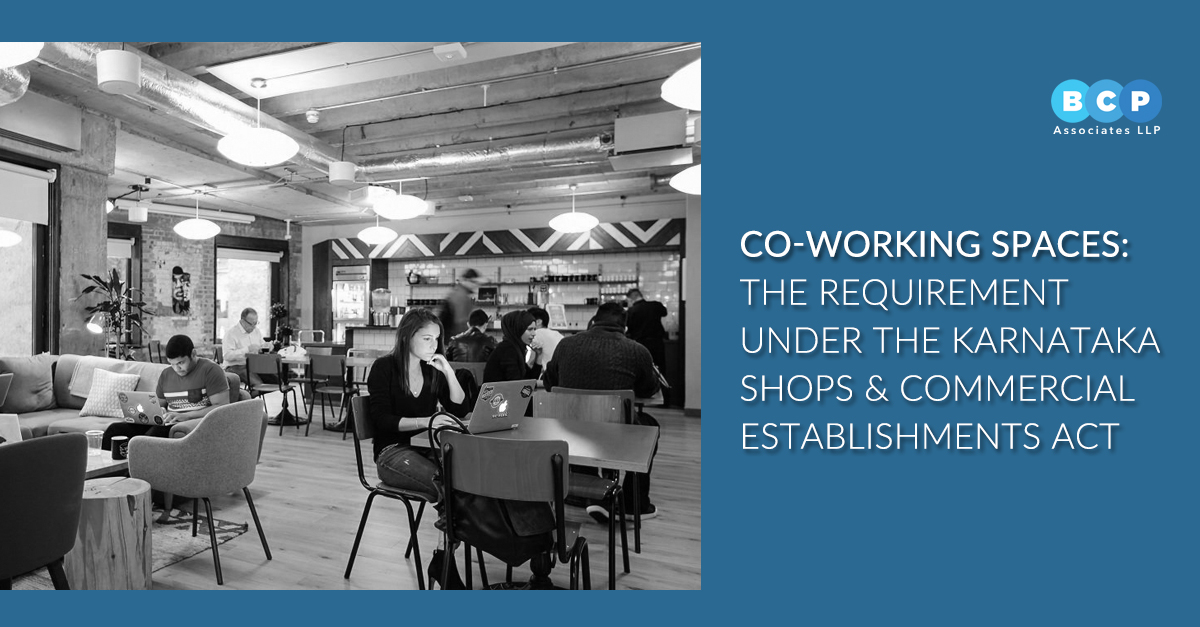
Introduction
Coworking is a relatively new model of utilizing shared office space between two or more individuals or businesses that are not related in any way. Coworking, also known as “coworking space” or “shared office”, has become extremely popular in the recent past due to the inherent tangible and intangible benefits of coworking for all stakeholders, including companies, building owners or even leasing parties and of course, the people utilizing this space. In most cases, coworking signifies cost savings along with easier and efficient management of all aspects of a workspace environment.
As the economy shifts from ownership towards “sharing”, coworking makes it easier to get a professional workspace at a fraction of the cost as compared to leasing or owning the workspace. In the past, one of the largest expenses for a new company was securing office and infrastructure for the business without knowing the outcome and coworking spaces have literally taken this expense out of the equation. Now entrepreneurs and companies can scale up or down as per business requirements without any long-term commitments. Coworking makes it easier to find office spaces at a location of your choice, lower rents, lower deposits, easy to manage the workspace and most importantly gives flexibility for companies and individuals to scale up or down as per business requirements. The issue arises in these cases as to who should obtain registrations and otherwise comply with the requirements under the legislation on shops and establishments. Since these are State legislations, the present article uses the example of the Karnataka Shops and Commercial Establishments Act.
Background
The advantages in coworking spaces over other office types has seen the industry grow multifold in the past few years. However, the concept of shared working spaces has largely been untested in a court of law and many coworking spaces are emerging in regulatory voids left by outdated policies. An important question arises as to whether a Registration under the Shops and Commercial Establishments Act is required for those businesses opting to work out of a coworking space.
Every Indian state has enacted certain rules and regulations regarding conditions of work. The objective of the Shops and Commercial Establishments Act is to secure uniform benefits for employees working in different establishments, from shops, commercial establishments and residential hotels to restaurants, theatres and other places of public amusement or entertainment. As per the Act, every shop and establishment needs to register itself compulsorily under this Act within 30 days of commencement of work. The Act further stipulates that the Shops and Commercial Establishments Act applies to every office and shop where commercial activities are carried on even on employing one employee. Businesses face the question of whether they are required to obtain a Shops registration while working out of a coworking space, and consequently, whether they must comply with the other requirements of the law, such as the adherence to working hours and leave provisions, filing of periodic returns and maintenance of various forms. The issue arises in part because a coworking space consists of a single premise in which several different businesses work, without there being a separate address for each. In comparison, even shops in a mall each have a separate address and registration as a shop. A business operating out of a coworking space cannot use the registration because the coworking space will be registered for a different purpose, with a different number of employees, with different registrations under other legislations such as the Employees’ Provident Funds and Miscellaneous Provisions Act, etc. which cannot be applied to the user of the coworking space.
It is important to note that the advent and popularity of coworking spaces were not taken into consideration while formulating the objectives and applicability of the Shops and Commercial Establishments Act. Keeping this in mind, it is suggested that to keep up with the constantly evolving office set-up of modern business, a different option may be given to those using a coworking space to ensure ease of business and registration especially because the same was not considered while framing the Act. This option could involve only the registration of the coworking space under the Act.
Current State and The Way Forward
Right now, though the registration of businesses using a coworking space is a grey area, it is clear that it will become more and more relevant and contested with its surging popularity. However, without clear regulations, it can be very problematic for both the service provider (the owner of the coworking space business) as well as the members and users. As the coworking concept is a new and emerging industry, it is suggested that clear provisions define the type of license or permit that the coworking space industry needs.
It is suggested that some provisions be included in the Act for recognizing the different occupants of a coworking space as entities independent of the provider of the coworking space itself. At the same time, such provisions should address other terms and conditions such as working hours, records and returns and several other things. Over the coming years, this working model will further evolve and the relevant Acts will have to adapt to ensure there is clarity provided to all stakeholders.